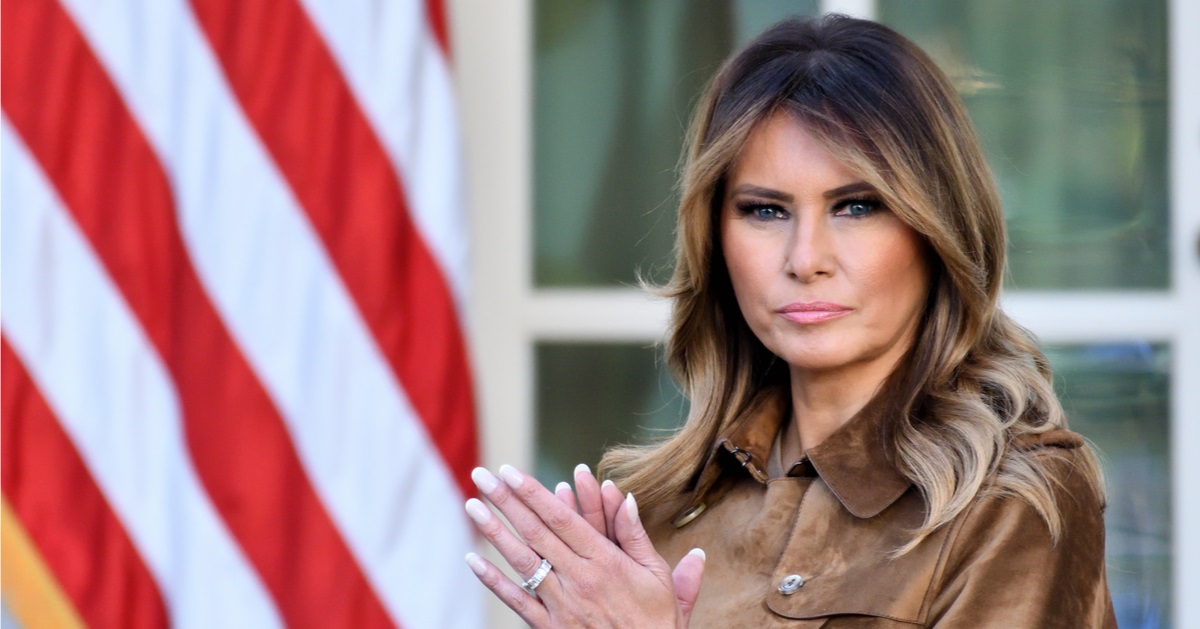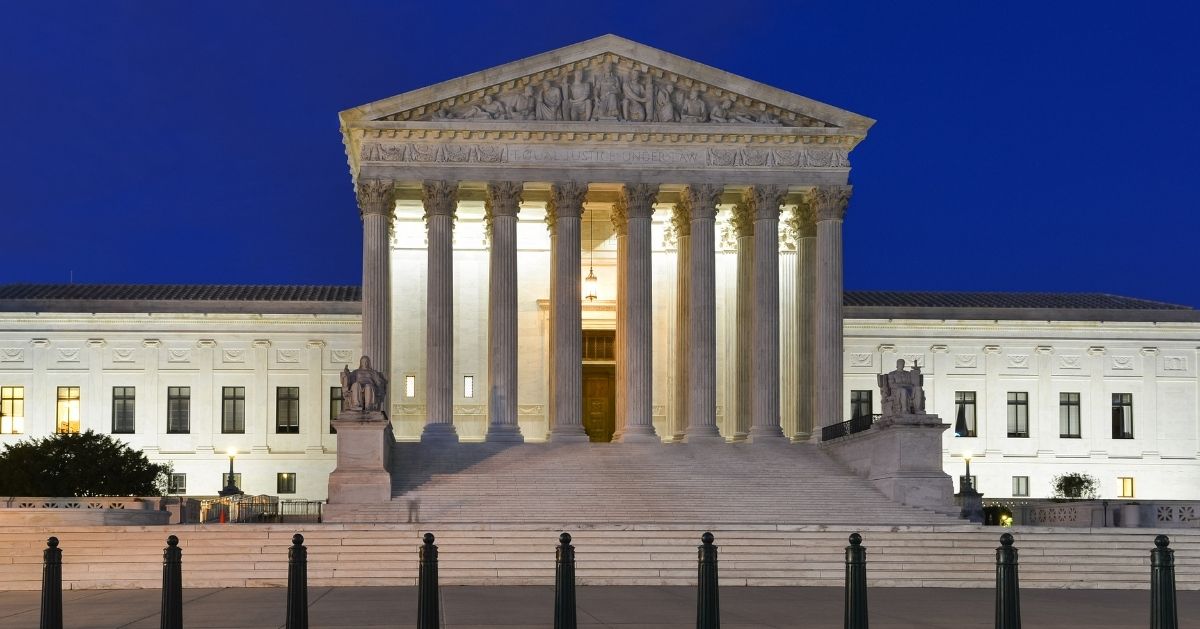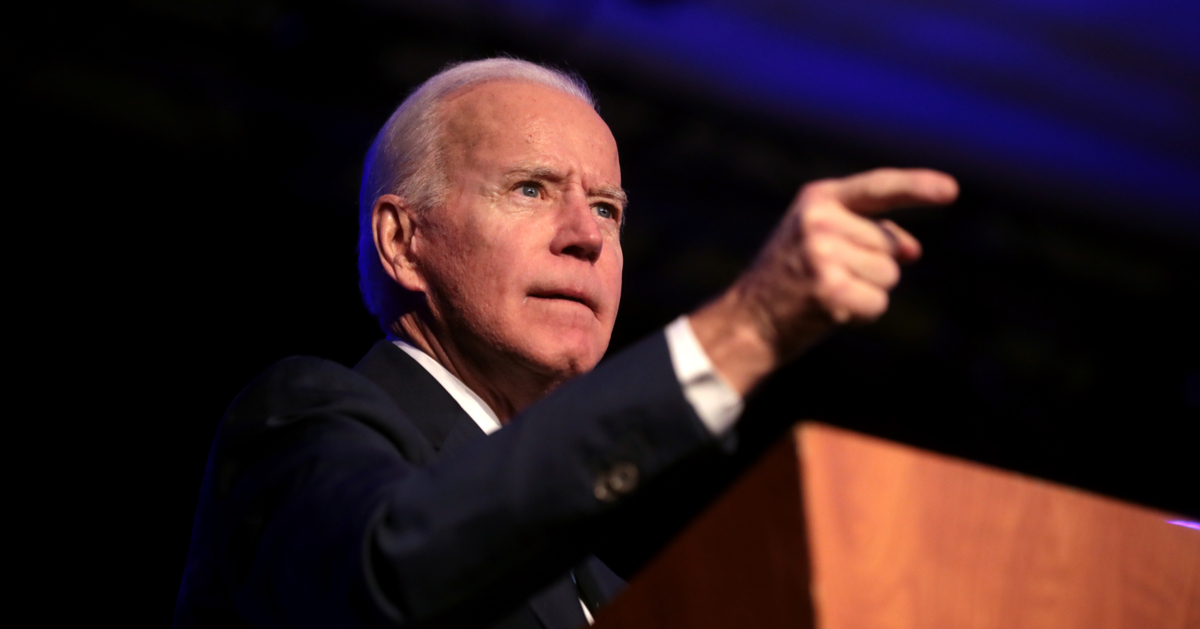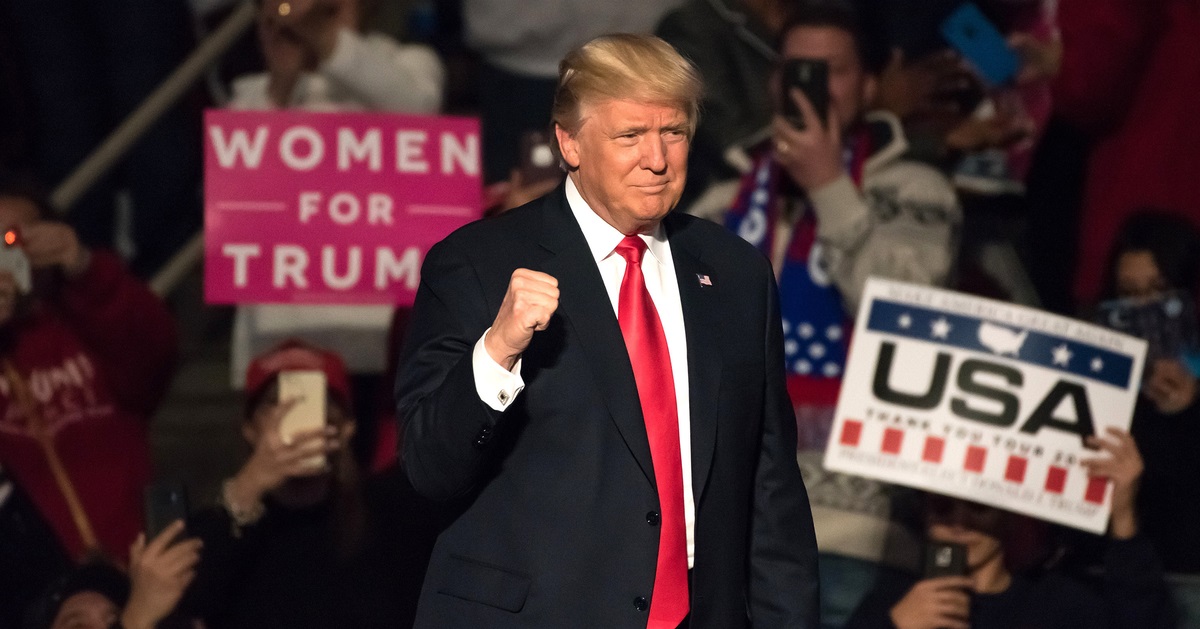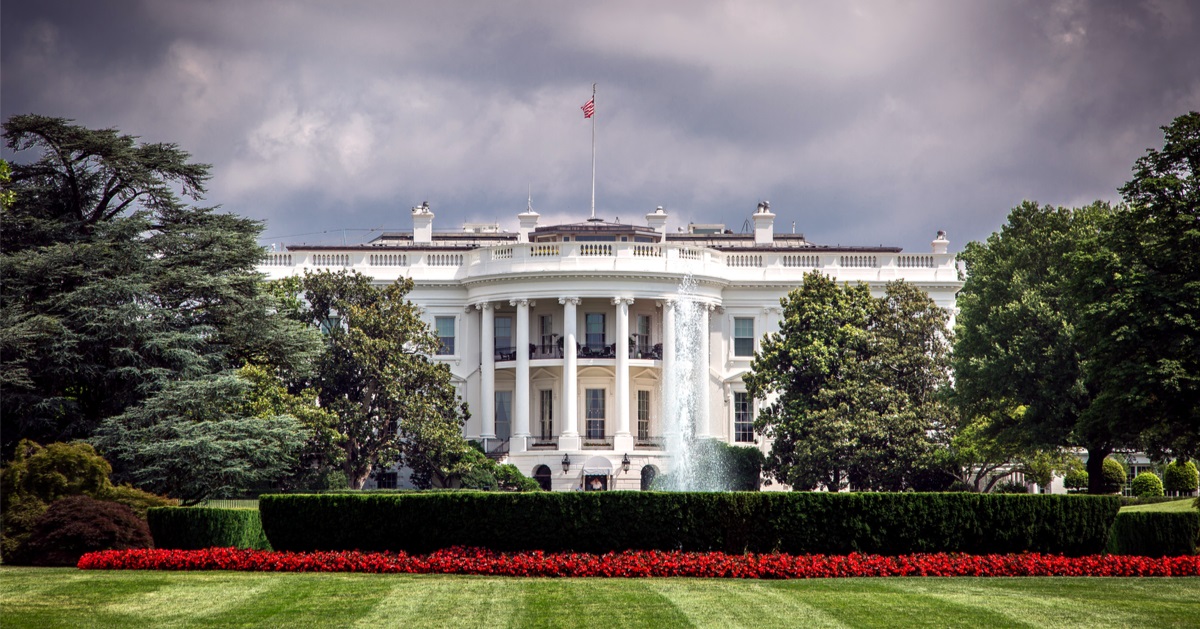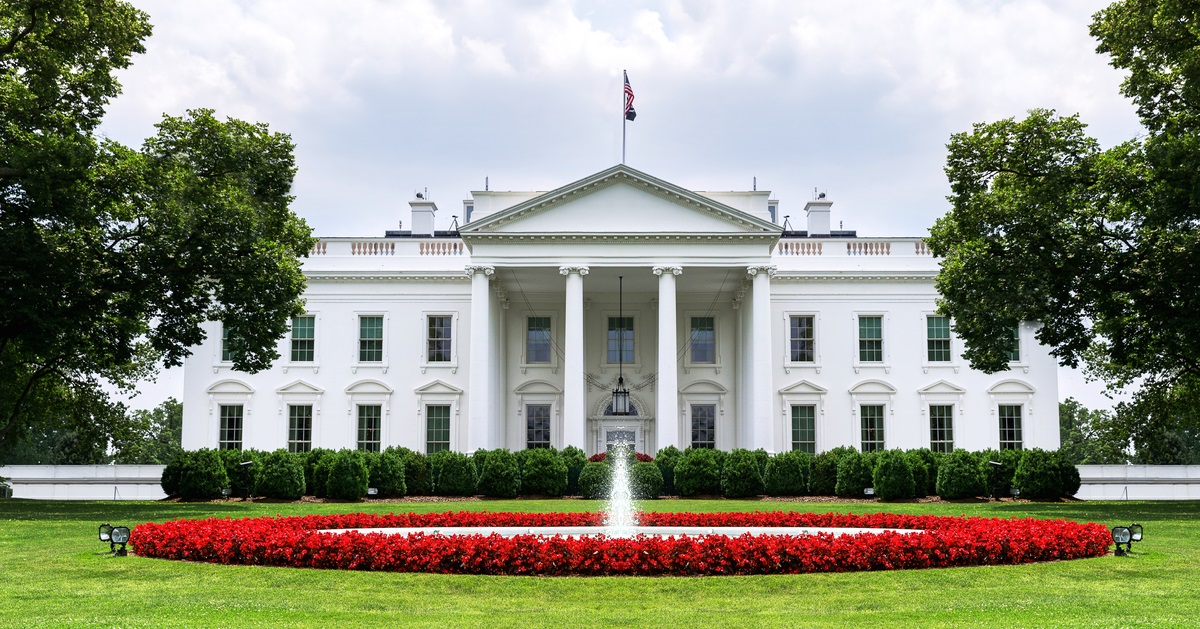Justice Barrett shocks nation, sides with liberal colleagues in dissent against conservative majority in Jan. 6 case
The Supreme Court on Friday issued a 6-3 ruling that sided with a Jan. 6 Capitol riot defendant against the Biden administration's overbroad use of a white-collar financial crimes "obstruction" statute to prosecute them and hundreds of other similarly situated defendants.
In a surprise move, Justice Amy Coney Barrett abandoned her other conservative-leaning colleagues in the majority to author a dissent against the ruling that was joined by two of her liberal colleagues, according to leftist outlet The New Republic.
Left unmentioned by the leftist outlet is that while Barrett stood opposed to the majority alongside liberal Justices Sonia Sotomayor and Elena Kagen, the high court's third liberal member, Justice Ketanji Brown Jackson, joined the conservative-leaning majority in ruling against the government's overbroad use of the criminal statute in question.
Determining the limits of §1512(c)(2)
At issue here is 18 U.S.C. §1512(c), which states in its entirety, "Whoever corruptly -- (1) alters, destroys, mutilates, or conceals a record, document, or other object, or attempts to do so, with the intent to impair the object's integrity or availability for use in an official proceeding; or (2) otherwise obstructs, influences, or impedes any official proceeding, or attempts to do so, shall be fined under this title or imprisoned not more than 20 years, or both."
The second part of that statute, 1512(c)(2), has been used by federal prosecutors against hundreds of Jan. 6 defendants -- as well as former President Donald Trump -- including a former police officer named Joseph Fischer, who challenged the applicability of the charge that previously had only ever been used against those who tampered with or destroyed documentary evidence in financial crimes.
According to SCOTUSblog, a D.C. district judge sided with Fischer and dismissed the 1512(c)(2) charge, given that it only applied to evidence tampering, in his view. The D.C. Circuit Court thought otherwise and reinstated the charge, however, as in their view the statute "applies to all forms of corrupt obstruction of an official proceeding.
Yet, on Friday, the court's majority adopted a similarly narrow view of the statute as the district court and, as such, reversed the circuit court's decision and remanded the case back to them with instructions to reconsider it in light of the narrower interpretation of the law.
That majority was led by Chief Justice John Roberts, joined by Justices Clarence Thomas, Samuel Alito, Brett Kavanaugh, and Ketanji Brown Jackson. Jackson also authored a concurrence in which she agreed with the conclusion that federal prosecutors had too broadly applied the statute in question even as she suggested that the defendant, Fischer, could probably still be prosecuted under the more narrow interpretation from Roberts.
Barrett's dissent
Justice Barrett dissented from the majority in Fischer v. U.S. and, joined by Justices Sotomayor and Kagen, wrote that given the circumstances of the Jan. 6 Capitol riot that disrupted and delayed the congressional certification of President Joe Biden's electoral win, employing the "obstruction" statute against Fischer and others seemed like an "open and shut" case.
"So why does the Court hold otherwise?" Barrett asked. "Because it simply cannot believe that Congress meant what it said. Section 1512(c)(2) is a very broad provision, and admittedly, events like January 6th were not its target. (Who could blame Congress for that failure of imagination?)"
"But statutes often go further than the problem that inspired them, and under the rules of statutory interpretation, we stick to the text anyway," she continued. "The Court, abandoning that approach, does textual backflips to find some way -- any way -- to narrow the reach of subsection (c)(2). I respectfully dissent."
Barrett opts for "expansive" interpretation of obstruction statute
Justice Barrett proceeded to, at length, take issue with and pick apart Chief Justice Roberts' narrow interpretation of 1512(c)(2) as being limited by and directly tied to the examples of criminal acts that are specified in (c)(1) and instead argued that (c)(2) was intended by Congress to be an expansive "catchall" provision to account for any other sort of obstructive act not specifically listed in the first part of the statute.
"There is no getting around it: Section 1512(c)(2) is an expansive statute. Yet Congress, not this Court, weighs the 'pros and cons of whether a statute should sweep broadly or narrowly,'" she wrote. "Once Congress has set the outer bounds of liability, the Executive Branch has the discretion to select particular cases to prosecute within those boundaries."
"By atextually narrowing §1512(c)(2), the Court has failed to respect the prerogatives of the political branches. I respectfully dissent," Barrett concluded.

